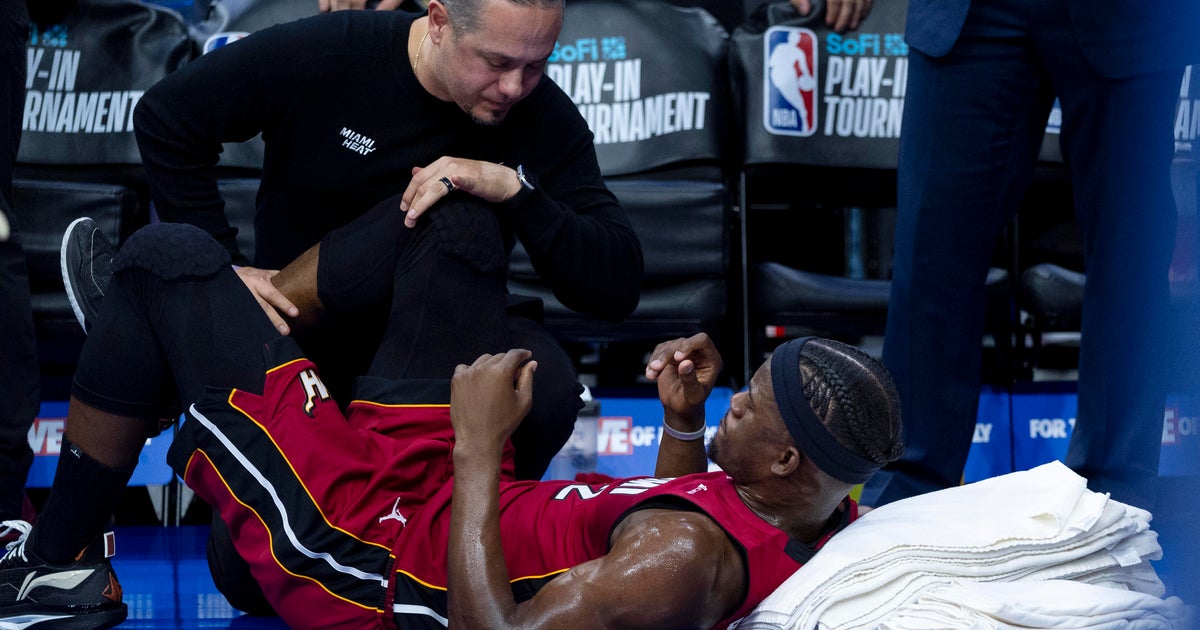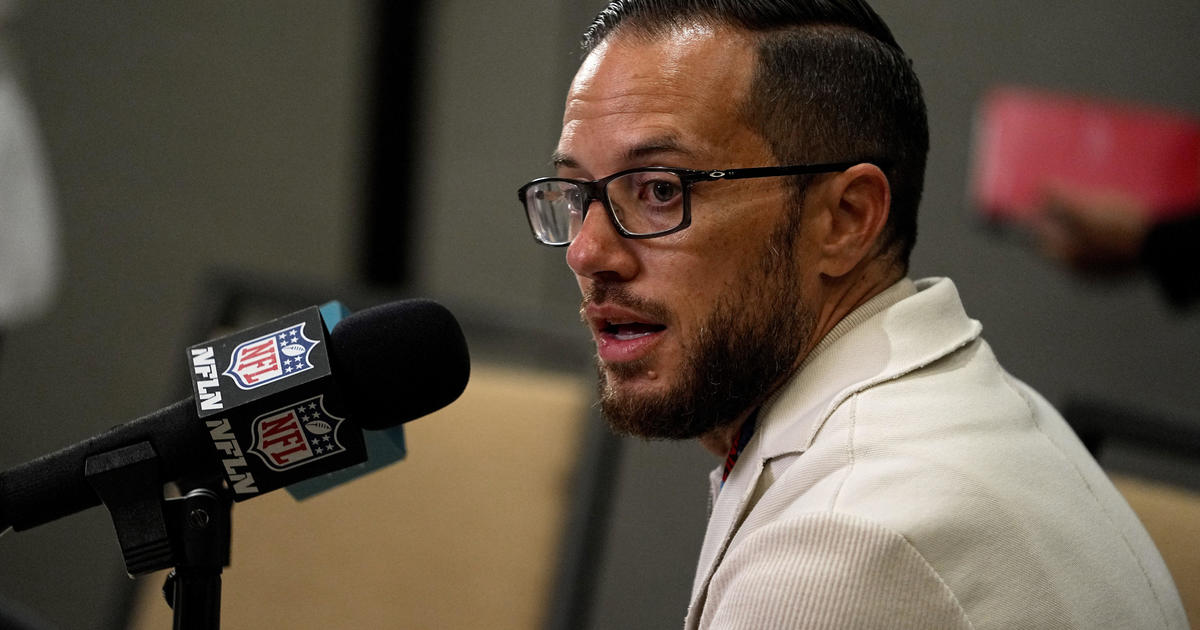Focusing On You: Pediatric Otolaryngology at University of Miami Health System
Dr. Leonardo Torres is a pediatric otolaryngologist at UHealth, the University of Miami Health System. For more information about pediatric ENT services, call 305-326-6332 or Click Here to visit the University of Miami's health news blog.
GABRIEL'S STORY
Most parents of young children have experienced at least one run-of-the-mill ear infection complete with a trip to the pediatrician and an antibiotic regimen. But a less acute condition – fluid in the ears – is just as common as an ear infection and can be even more troublesome if left unchecked. Among other concerns, fluid in the ears can result in speech delays.
"Ninety percent of kids up to age five will have fluid in their ears at some point," says Dr. Leonardo Torres, a pediatric otolaryngologist at University of Miami Health System. "The important part is that it goes away."
Six-year-old Gabriel had been struggling with a speech delay that was not improving, even with help from a speech therapist. Suspecting the delay was due to impaired hearing, the therapist referred Gabriel's parents to Dr. Torres and the UHealth pediatric otolaryngology team. "Dr. Torres did a great job of addressing the fears you have as a parent and putting us at ease," says Juan Ortega, Gabriel's father.
The connection between hearing and speech delay can be confusing for parents, as was the case with the Ortega family. "To develop speech appropriately within the normal terms of development, it's important to have adequate hearing. When we have fluid in the ears, speech starts to get behind," says Dr. Torres.
After exploring other options without success, the family decided Gabriel would undergo surgery to insert tubes in his ears and remove his adenoids glands. This procedure takes about fifteen minutes and patients are free to go home shortly afterward.
"I have countless parents who have told me that as soon as the child left the hospital, there was a dramatic change in hearing," says Dr. Torres.
This proved to be true for Gabriel. Following surgery, sounds that most of us take for granted were louder and clearer for Gabriel, so much so that he would cover his ears when he heard newly-amplified noises like the siren of a fire truck. "To see after the surgery that he could hear, it was exciting," said Juan.
Fluid develops as a normal process of the ear and is drained through the Eustachian tube. In children, this tube is in a horizontal position, which can interfere with drainage. In addition, adenoid glands, which sit between the back of the nose and the back of the throat, can impede drainage if they are large or inflamed.
Symptoms of fluid accumulation in the ears include stuffy nose and light snoring. In a child who is otherwise developing normally, fluid in the ear can be monitored for three months. However, in children with other medical concerns like craniofacial or pervasive developmental disorders, it's beneficial for parents and physicians to act quickly.
The UHealth pediatric otolaryngology team is equipped to take care of even the most complex cases, those children who may have underlying challenges in addition to fluid in the ears, like autism or hearing loss.
Today, Gabriel is a first-grader who is making new friends and exploring his interest in dinosaurs. "It's very satisfying for the parents and also for me to see that something so simple can have a dramatic effect," says Dr. Torres.
FOCUSING ON YOU
Focusing on You: Innovations in Modern Medicine is a series of healthcare-related stories airing regularly on CBS-4. For more stories like this one, visit YouTube channels for UHealth, the University of Miami Health System and Bascom Palmer Eye Institute.
Above content provided by UHealth, the University of Miami Health System


